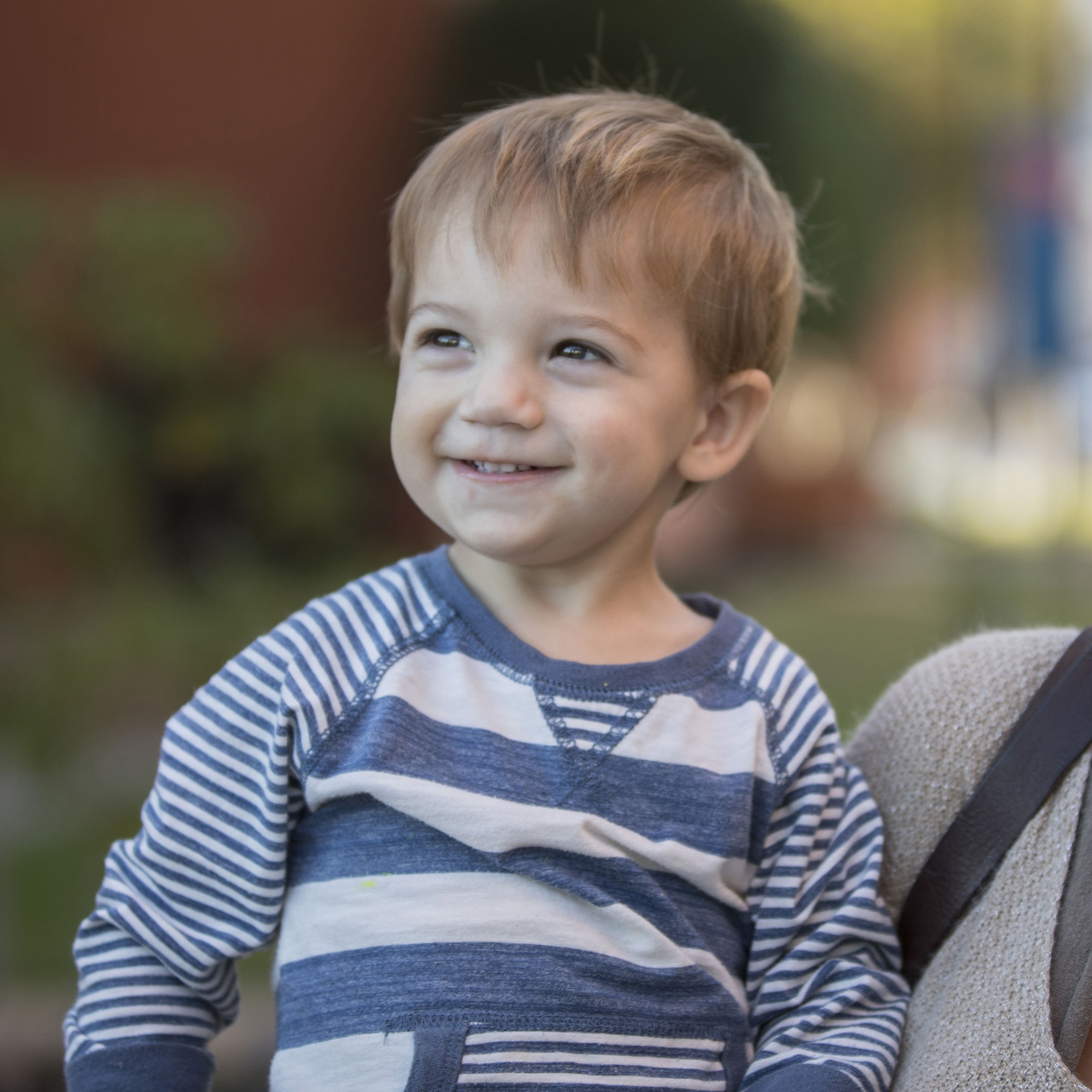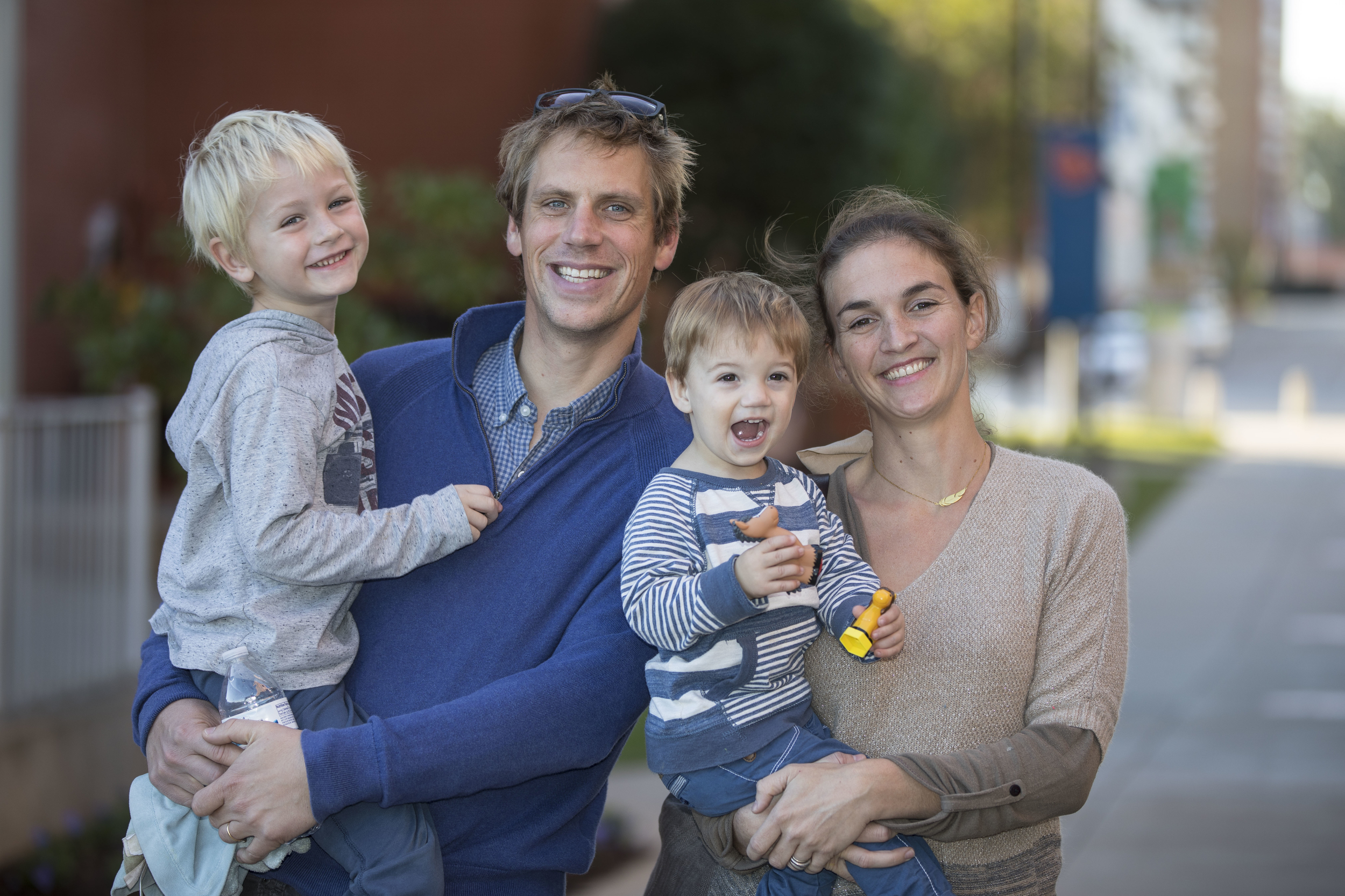 Stanislas Ibled was just 10 months old when he experienced the first of what would become a series of mild seizures. Despite treatment at Le Bonheur Children’s, his seizures occurred more frequently and lasted longer.
Stanislas Ibled was just 10 months old when he experienced the first of what would become a series of mild seizures. Despite treatment at Le Bonheur Children’s, his seizures occurred more frequently and lasted longer.
After trying a variety of medications, Stan’s Pediatric Neurologist, Sarah Weatherspoon, MD, ordered a multiple-day study in Le Bonheur’s Epilepsy Monitoring Unit. After stopping Stan’s current seizure medication, a long seizure hit him, requiring him to be moved to the intensive care unit and intubated.
Weatherspoon’s instinct said something else was going on – even after an MRI, blood and urine sample and spinal tap came back normal.
That’s when Weatherspoon ordered an epilepsy gene panel – a test for more than 500 genes associated with seizures in young children. It’s a test that Le Bonheur will soon offer to all children younger than 3 with a new epilepsy diagnosis. The full genome test will help neuroscientists cater treatment therapies for each understanding for each case.

Full genome testing is the Neuroscience Institute’s next step in using pharmacogenomics to understand how genetic variation will influence a drug response in patients. Le Bonheur will be able to test all kids with a new epilepsy diagnosis thanks to a grant from the Children’s Foundation of Memphis, a private foundation committed to the health and well-being of children in Memphis. The group is the primary grantee for Le Bonheur’s Children’s Foundation Research Institute.
“If we can screen all children with the early diagnosis of epilepsy, we can better understand the disease for each of those children, and provide personalized, targeted care for each of those families,” said James Wheless, MD, co-director of the Neuroscience Institute at Le Bonheur Children’s. For Stan, the test discovered a gene that causes a specific kind of epilepsy known as Pyridoxal 5’-phosphate dependent (PLP) epilepsy. This type of epilepsy usually occurs in tiny babies, not toddlers like Stan, Weatherspoon said.
“Oftentimes in neurology, we say ‘time is brain.’ The quicker you get an answer, the quicker you institute a treatment, the better the outcome will be,” Weatherspoon said. “Knowing the answer can change how we treat them, what meds we give them, and can make a difference between a child who lives a really normal life and a child who has a lot of medical problems.”
PLP is treated with a vitamin cocktail taken four times per day. Within 48 hours of starting the vitamin combination, Stan was walking and talking again.
“Because of the testing, we knew the vitamin combination was the right thing for him,” Weatherspoon said.



